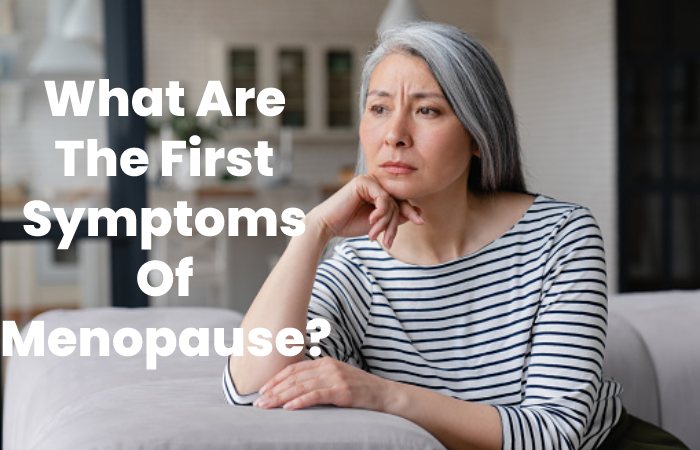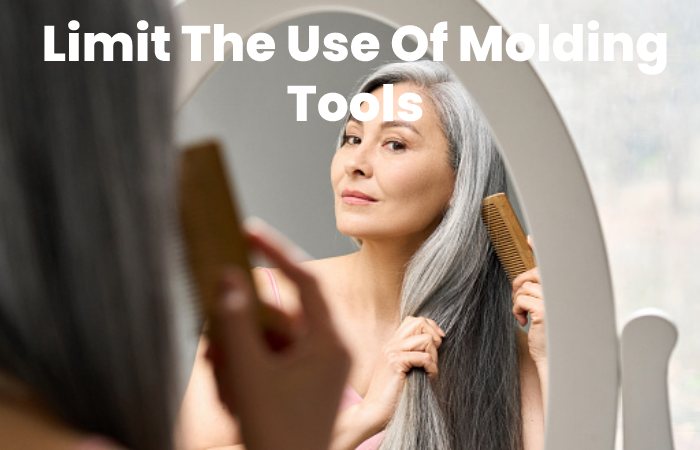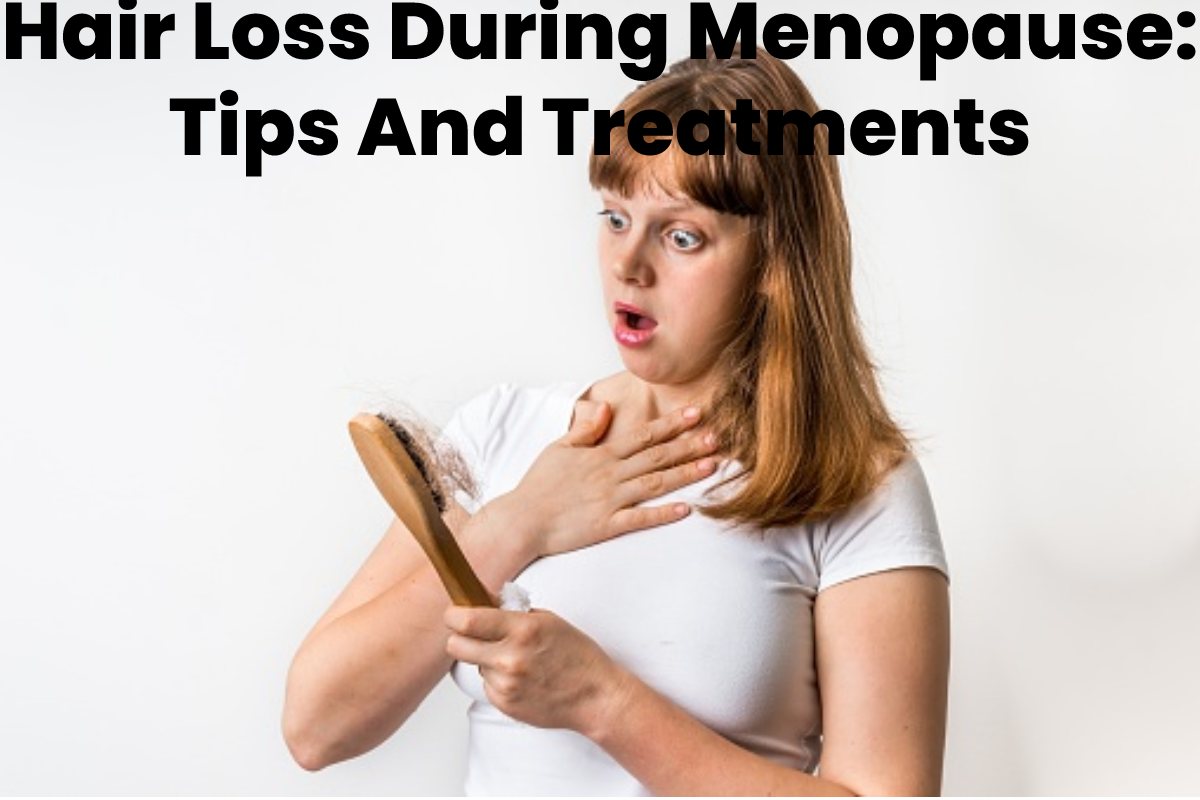Hair Loss During Menopause: Beginning when a woman’s body begins to produce less estrogen (usually around age 50), menopause can be a physically and emotionally stressful experience and other symptoms ranging from hot flashes to hair loss.
If you are between 45 and 55 years old and have noticed a change in your hair (and it seems to be less dense or more delicate), it may be the first symptom of menopause.
Although the weakening of the hair can cause it to fall out over time, both phenomena do not have to be related.
Many menopausal women notice general hair thinning (unlike men who have visible bald spots), and 40% of women also experience hair thinning after menopause. one
On the other hand, most hair loss cases are caused by hereditary factors. An example is female pattern baldness, which is passed from generation to generation and often develops after menopause.
If you notice that your hair is thinner or that it falls out, you should know that the effects of menopause are not only manifested on a physical level. Many women select to wear their hair short or layered to express their identity. When they cannot do it because their hair begins to weaken or fall out, it is normal for this to be reflected in a loss of confidence and self-esteem.
Table of Contents
What Are The First Symptoms Of Menopause?

Perimenopause is the name given to the stage before menopause.
Common symptoms of perimenopause are:
- Hot flushes
- breast tenderness
- Lack of sexual appetite
- Fatigue
- Humor changes
- Insomnia
- capillary weakening
- Hair loss
Some women begin to notice changes in their hair during perimenopause, such as more hair falling out when brushing or showering or thinner hair on the crown.
Why Does Menopause Cause Hair Loss?
close-up view of hair, roots, and scalp
Hair tends to fall out when there is a drop in estrogen and progesterone levels, which occurs with menopause. These hormones remain involved in hair growth, keeping the follicles firmly attached.
Faced with a decrease in these hormones during menopause, the hair becomes more refined and grows more slowly.
The reduction in estrogen and progesterone levels increases the production of androgens (a group of male hormones), which causes the hair follicles to become smaller, resulting in hair loss.
Hair loss in women over 50 can also remain caused by lifestyle factors such as stress, illness, or poor diet. NIOXIN has put together a series of expert tips to deal with the changes in your hair during this challenging stage.
Menopause And Thinning Or Hair Loss: How To Treat It
For the hair to recover its volume after remain weakened it takes time, and it does not always return entirely to its initial state. However, the combination of changes in lifestyle, treatments, and drugs can help stop hair loss and mitigate thinning.
- hairstyles
Wearing your hair short or layered can help create the effect of thicker, denser hair.
- Control Stress Levels
A stressful lifestyle can also affect the health of your hair. When our stress levels are not under control, there is a hormonal imbalance and a decrease in estrogen production, which causes mood swings, anxiety and depression, and a high risk of hair loss.
- Exercise
a woman dressed in black stretching on a white wall outside
Activities like yoga can help control stress levels and prevent other symptoms of menopause, such as mood swings, weight gain, and insomnia.
When there is a hormonal balance, the scalp’s microbiome develops and supports hair growth. The scalp microbiome is the name given to the specific microbial flora that helps maintain balance in the scalp.
- Changes in your diet
Eating a balanced and low-fat diet is also significant when hair falls out during menopause. The following foods play a decisive role in restoring and maintaining hair growth:
- whole grains
- Fruits and vegetables
- Olive oil
- Sesame oil
- Green Tea
- Salmon
- Tuna
- flax oil
- Walnuts
- almonds
woman pouring a green juice with ingredients displayed next to the glass
Limit The Use Of Molding Tools
- Blow dryers, flat irons, and more can weaken hair, making it more prone to breakage and falling out.
- The sun can also cause the hair dry and break more quickly, so it’s essential to wear a hat or cap in summer.
- Vitamins For Hair Loss During Menopause
pile of tangerines
Make sure you eat a higher protein diet that includes red meat, beans, fish, eggs, and milk, foods with a very high level of amino acids. For example, Keratin remain a protein made up of amino acids and is an essential component of hair.
Vitamin C is perfect for many things, including hair. When vitamin C, whose scientific name is “ascorbic acid,” remain added to shampoos and other hair products, it removes mineral buildup, allowing the hair to absorb more moisture.
Vitamin C also turns into an antioxidant and protects against damage to the hair’s protein structure. However, this vitamin can cause your hair to discolor if you wear it dyed (take this into account before using it).
Vitamin A is a crucial element for moisturizing hair and preventing it from becoming brittle. Moreover, due to the statistic, vitamin A increases the rate of cell regeneration. Therefore, a deficiency of this vitamin can knock on maintaining healthy hair during menopause.
Conclusion
The Allure Blog, Do we discuss What is vitamin for hair loss? Group B vitamins (B3, B7, B9) are responsible for stimulating hair growth, acting both on the scalp and on the strands. If you want to evade hair loss due to breakage, it will remain essential that you make biotin part of your hair routine, as it is part of this vitamin set.

